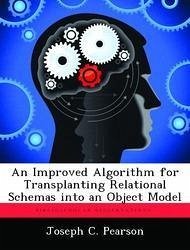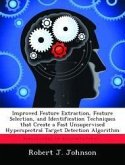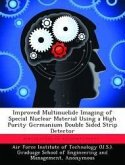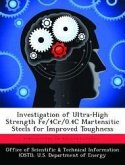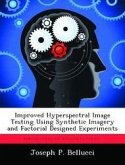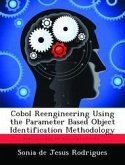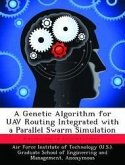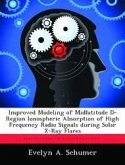Today's warfighter is inundated with data from numerous Command, Control, Communications and Computers and Intelligence systems. Integration of these systems is desirable, yet integration results in a static solution to a dynamic problem-by the time a global schema can be devised, it's out of date. Automating schema integration will mitigate this problem, but data model disparity must be addressed via translation to a common data model prior to integration. To address this requirement, this thesis presents an improved, relational to object-oriented schema translation algorithm, which is derived from a base algorithm proposed by another research effort. The improved algorithm incorporates many benefits over the base algorithm, including increased automation, semantic equivalence assurance via tracing key migrations, and decreased inter-entity association redundancy. The improved algorithm is implemented in a highly automated schema translation application, which is demonstrated against a sample schema and validated on another schema from am operational course scheduling system. Given a relational schema, the application provides an initial object-oriented translation and retranslates when schema change is detected.
Bitte wählen Sie Ihr Anliegen aus.
Rechnungen
Retourenschein anfordern
Bestellstatus
Storno

